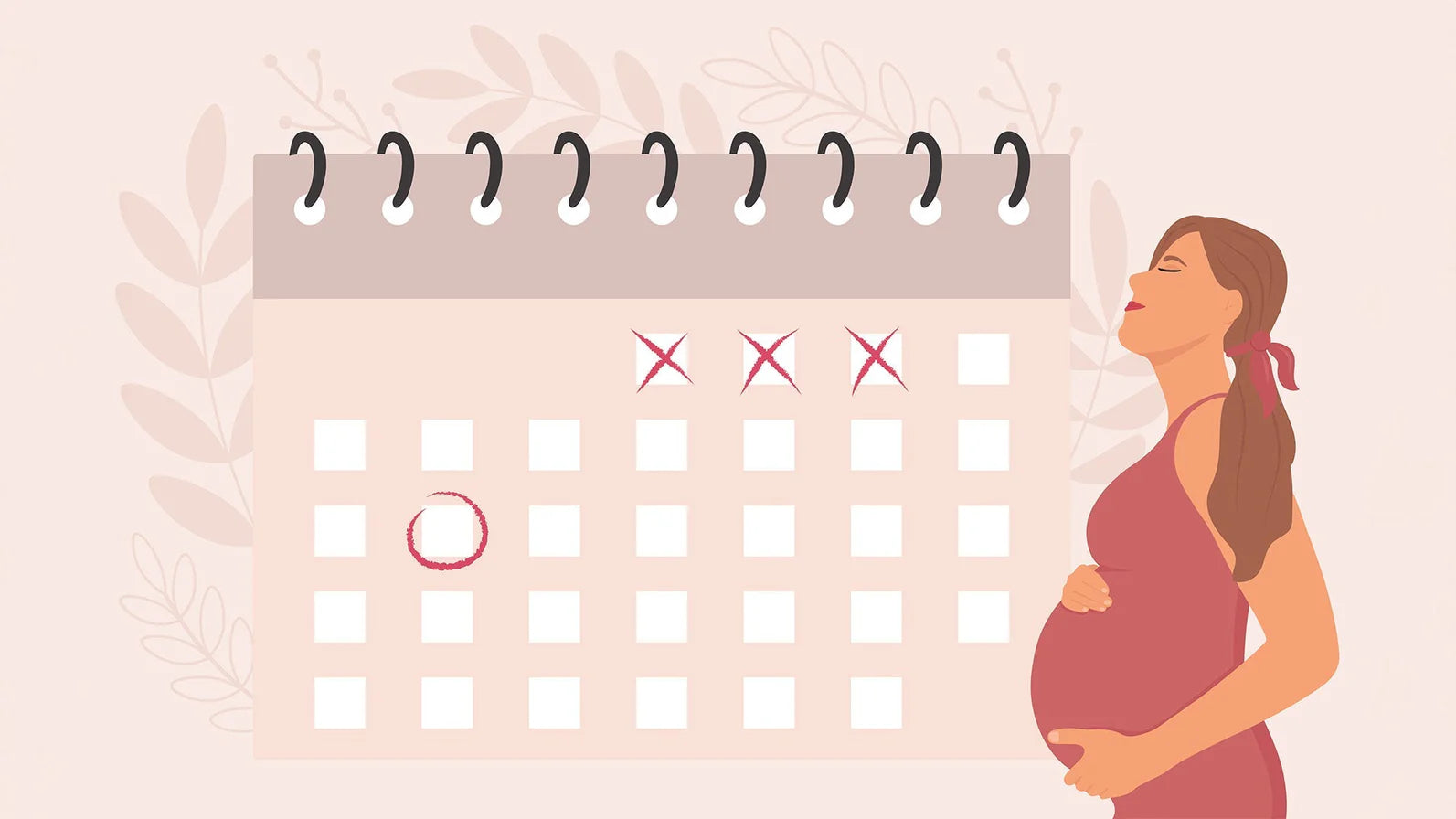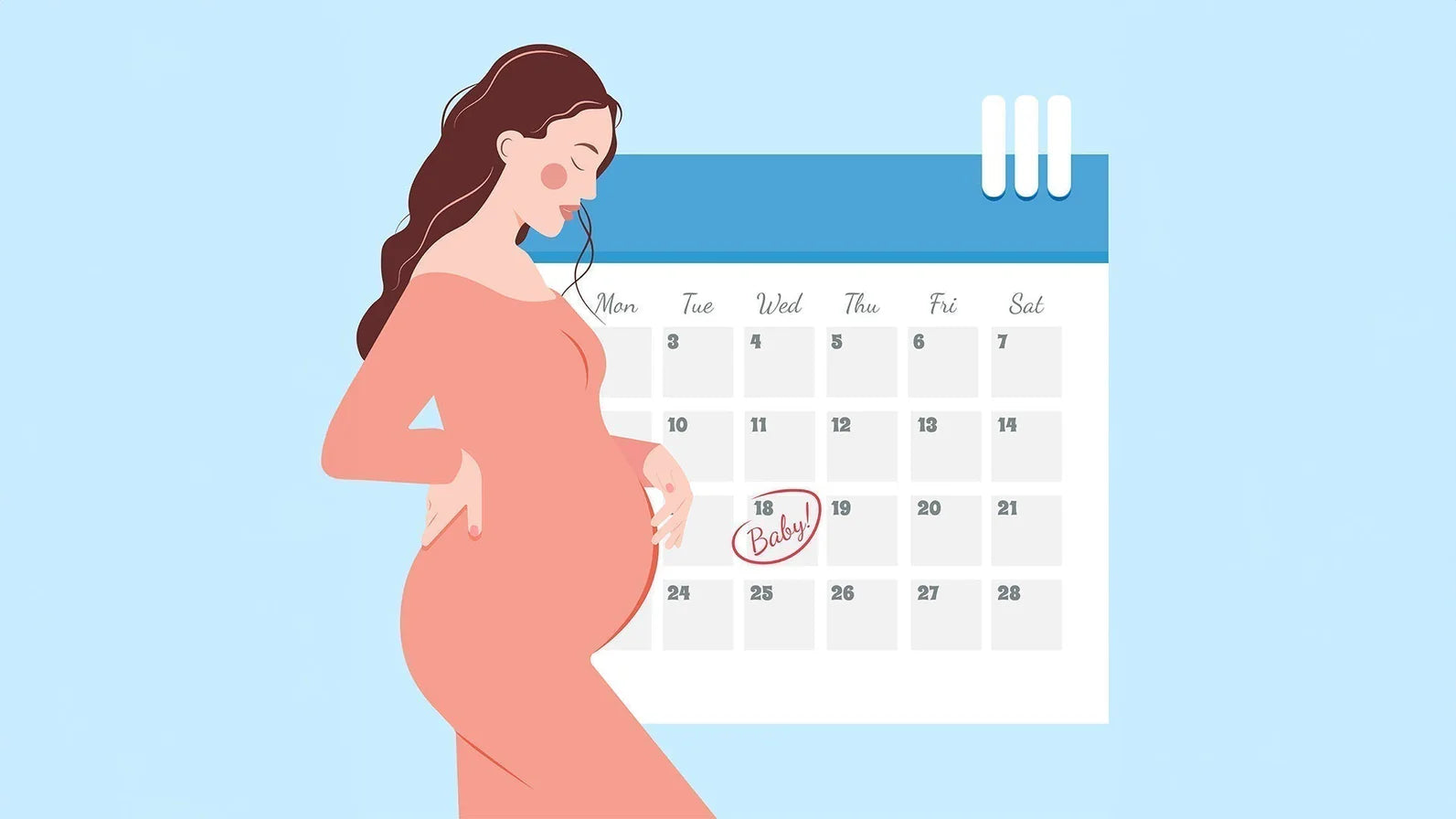Choose your method:
Tell us a bit more:
FAQs
- How do you calculate the exact date of conception?
-
To estimate your conception date manually, you can subtract 14 days from the length of your menstrual cycle. That’s because ovulation usually happens around the 14th day. Conception typically occurs about 24 hours after ovulation.Baby Forest’s Pregnancy Conception Calculator simplifies this process by letting you enter your last menstrual cycle date or your due date to quickly provide an estimated conception date.
- Why is my conception date significant?
-
The date of conception is crucial since it assists in tracking fetal growth, estimating the due date of your child, and adjusting prenatal care plans. It also gives you a sense of the phases and significant events of your pregnancy.
- Can the calculator work backwards to figure out my due date?
-
Yes, by adding roughly 266 days to the conception date; the typical length of pregnancy, the calculator can estimate your due date if you know when you conceived.
- Can I use this calculator if my menstrual cycles are not regular?
-
Yes, Baby Forest's Pregnancy Conception Calculator can still be used even if your menstrual cycles are irregular although the results might not be as accurate. You can make use of other data, like ovulation monitoring data or an ultrasound, for more precise estimations.
- Is the calculator helpful for IVF or assisted conception?
-
Yes, the calculator may provide a more accurate timeline for the development of a pregnancy by estimating the conception date based on embryo transfer for IVF or assisted conception.
- How can I compute the number of days in my pregnancy?
-
Subtract the first day of your last menstrual period (LMP) from the current date to determine how many days you are pregnant. By entering your due date or LMP, Baby Forest's Pregnancy Conception Calculator can perform this automatically.
- How does ovulation impact the calculation?
-
Since conception usually happens within 24 hours following ovulation, it is essential. The calculator estimates your conception date based on your ovulation date, which is typically around day 14 of a regular cycle.

















